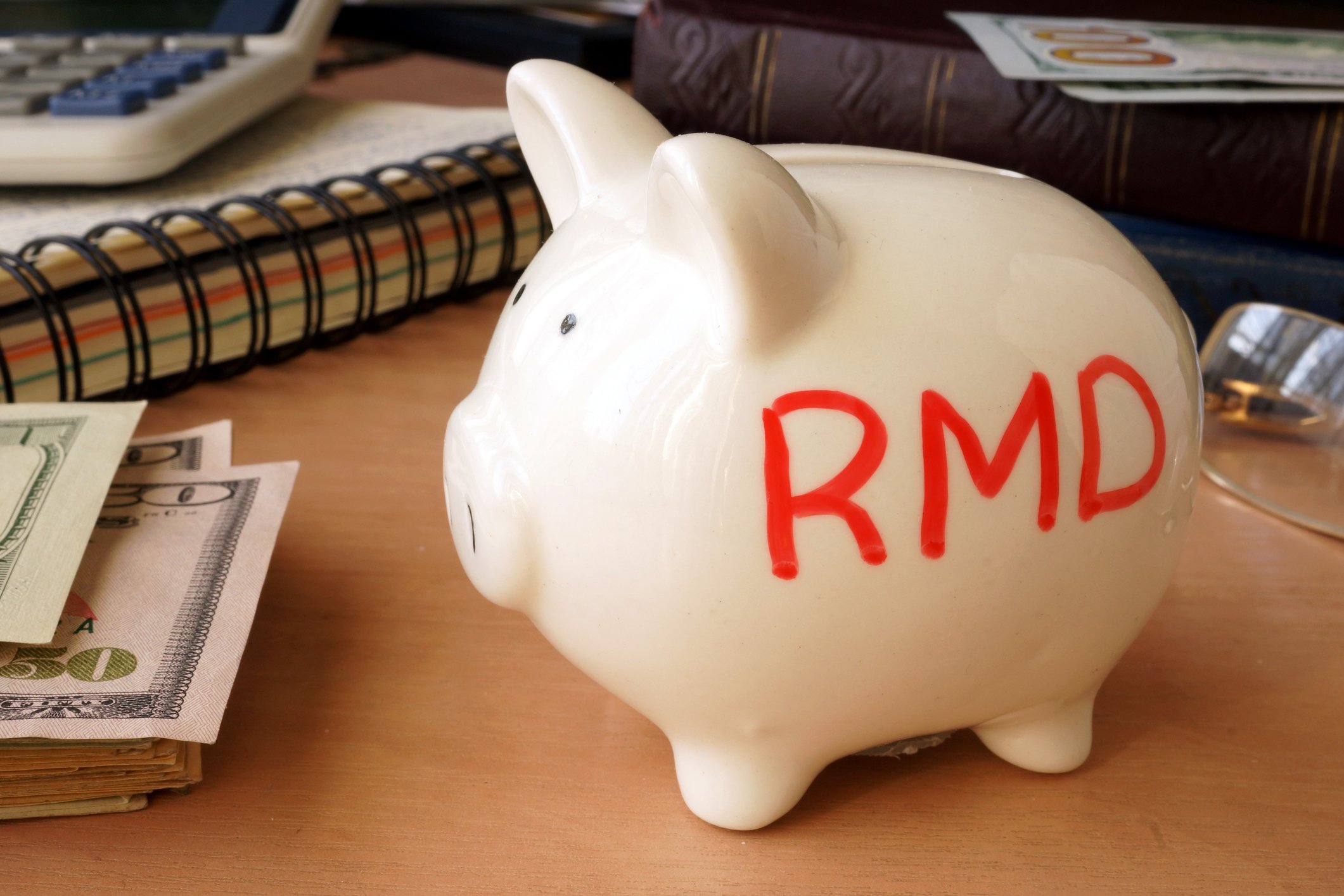On March 27, President Trump approved a major stimulus package to provide economic relief for those impacted by the COVID-19 crisis. That package includes, among other things, a $1,200 stimulus payment for adults whose earnings fall below a certain threshold, and a $500 payment per qualifying child. It also includes the option to tap a retirement plan early and avoid the dreaded 10% penalty that usually applies for removing funds from an IRA or 401(k) prior to age 59-1/2. But just because you can raid your retirement plan ahead of schedule to cover near-term expenses doesn't mean it's a good idea.
Some near-term financial relief
Many Americans are out of a job right now, and those who qualify for unemployment usually get a weekly benefit that equals less than half of their former paycheck. For higher earners, those weekly benefits can be negligible compared to the income they're used to. As such, many people who currently aren't working need money to pay their bills and avoid landing in serious debt.

IMAGE SOURCE: GETTY IMAGES.
Now under normal circumstances, being unemployed is not considered a valid reason to take an early retirement plan withdrawal, and tapping an IRA or 401(k) prior to age 59-1/2 in that scenario would usually trigger a 10% penalty on the sum removed. In the case of a traditional retirement plan, where contributions go in on a pre-tax basis, it would also result in taxes on the distribution at hand (that isn't a penalty -- it's simply the way traditional IRAs and 401(k)s work, and would apply after age 59-1/2 as well).
What's changed is that savers who have been negatively impacted by the COVID-19 crisis can now remove up to $100,000 from an IRA or 401(k) without facing that 10% early withdrawal penalty. This includes people who test positive for COVID-19, as well as those who are out of work due to being laid off, furloughed, or quarantined. Furthermore, those who withdraw funds from a traditional IRA or 401(k) will still be liable for taxes on the sum they remove, but those taxes won't be due immediately -- they can be spread out over a three-year period.
All told, these changes make early retirement plan withdrawals much easier to take, and much more appealing. But it's still better to avoid them right now if possible.
The danger of tapping your retirement savings now
When you're desperate for money, taking some out of your own long-term savings may seem easier than getting a loan or exploring other financing options. But before you withdraw a lump sum from your IRA or 401(k), remember a couple of things:
1. Right now's not the best time to take a retirement plan distribution. The stock market has taken a beating in recent weeks, and liquidating investments is a good way to lock in your losses -- losses you might otherwise recover from if you were to leave your retirement savings alone for a while.
2. The more money you withdraw ahead of retirement, the less you'll have during retirement, when you may need it even more. And to be clear, it's not just your principal withdrawal you'll be missing as a senior; you'll also lose out on growth on that sum. In other words, if you withdraw $20,000 today, and you're not planning to retire for another 30 years, you'll end up having lost out on roughly $152,000 if your investments in your retirement plan normally generate an average annual 7% return, which is a reasonable assumption for a portfolio that's heavily invested in stocks.
If you're without an income due to COVID-19 and are worried about paying bills in light of it, explore your options for relief before tapping your retirement plan early. Your mortgage lender, for example, may allow you to defer your payments temporarily while you're out of work, while your utility provider may give you extra time to pay your electric bill. These are just a couple of examples, but the point is that it pays to see what leeway you might get in terms of paying bills before rushing to raid your retirement plan. Though having that option is a good thing in theory, taking an early IRA or 401(k) withdrawal is a move that could end up hurting you big time down the line.





